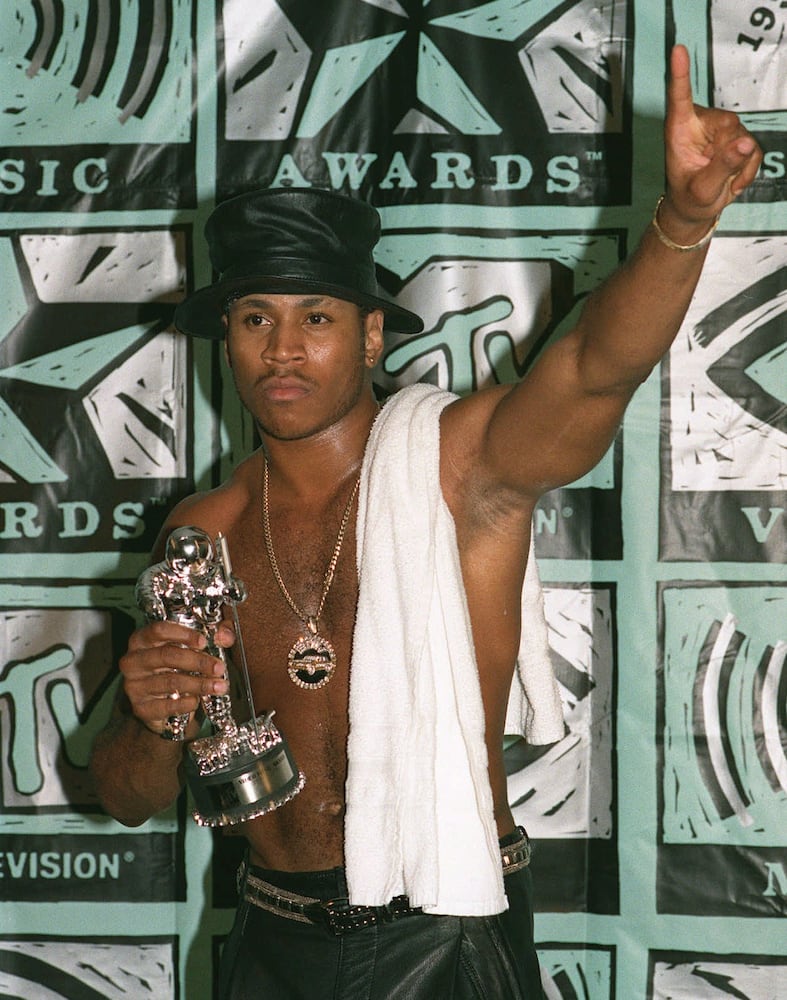Pioneering Artists Who Shaped the Genre
The golden age of hip-hop produced legendary artists who established the blueprint for modern rap music. These pioneers combined innovative lyrical techniques with groundbreaking production styles, creating timeless music that continues to inspire new generations of artists.
LL Cool J stands as one of the most influential figures in hip-hop history, known for his charismatic delivery, versatile flow, and ability to adapt to changing musical landscapes while maintaining his distinctive style. His career spanning over four decades demonstrates the longevity possible in hip-hop when artists remain true to their craft while embracing evolution.
The impact of these pioneering artists extends beyond music into acting, entrepreneurship, and social activism. They transformed hip-hop from a regional movement into a global cultural force, opening doors for countless artists and establishing hip-hop as a legitimate art form worthy of academic study and cultural preservation.




